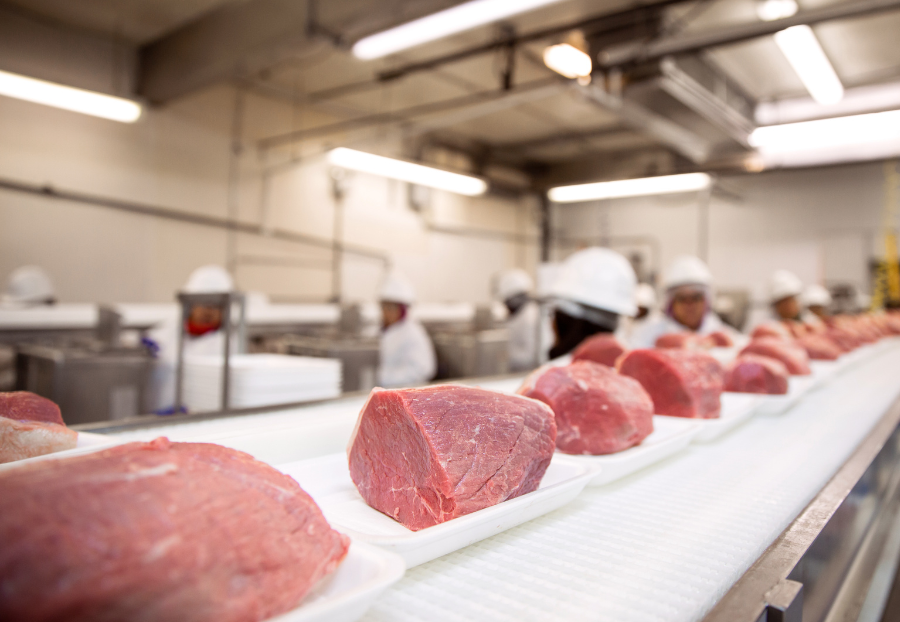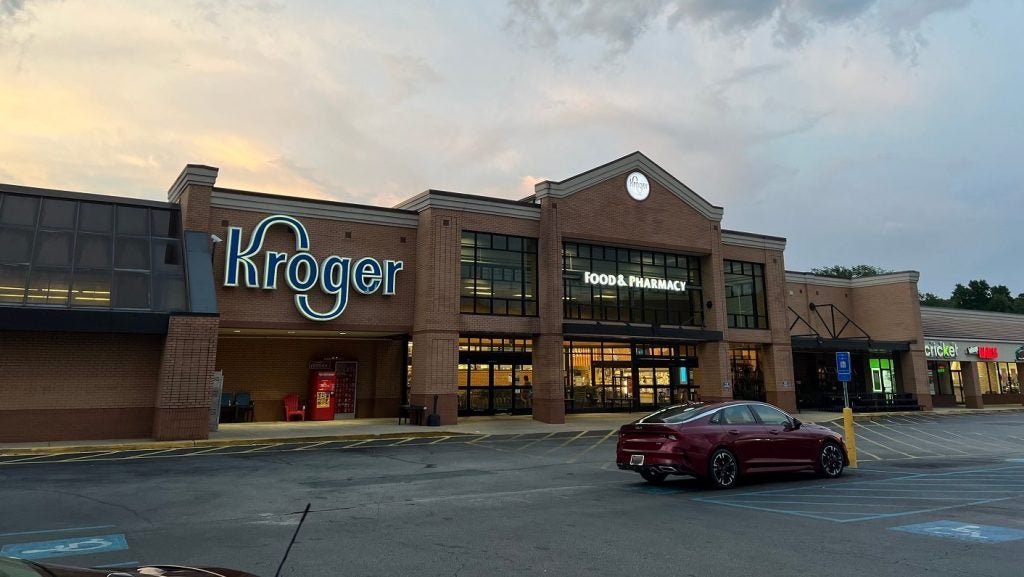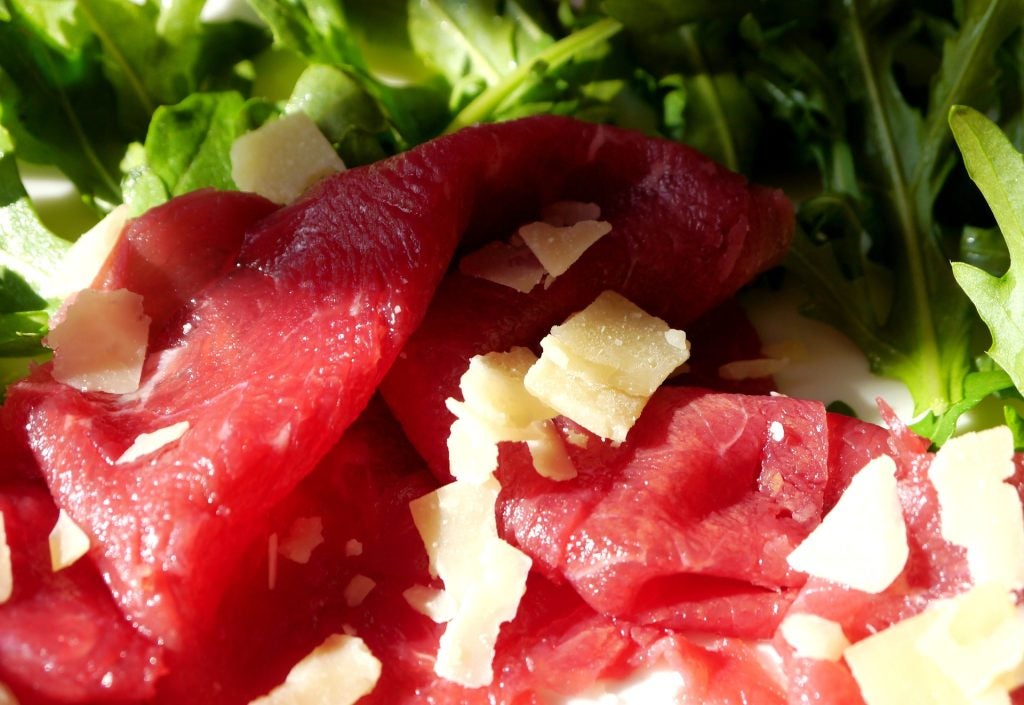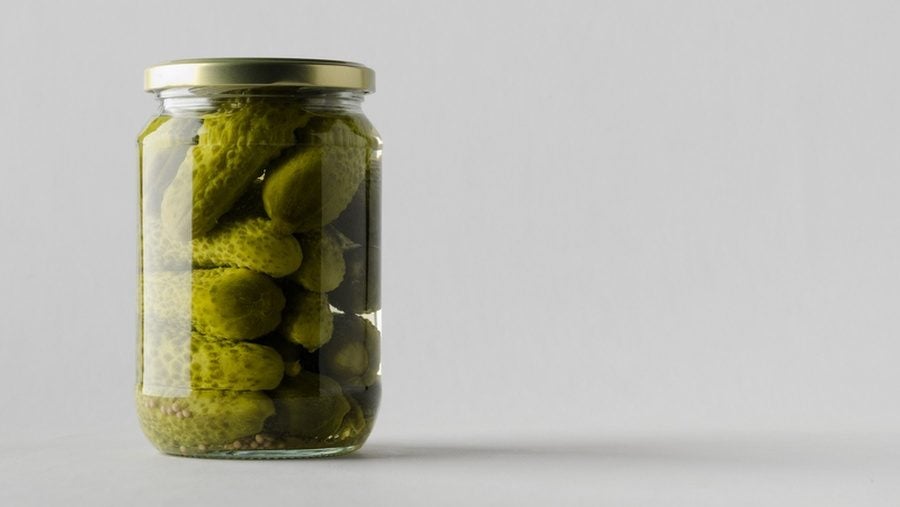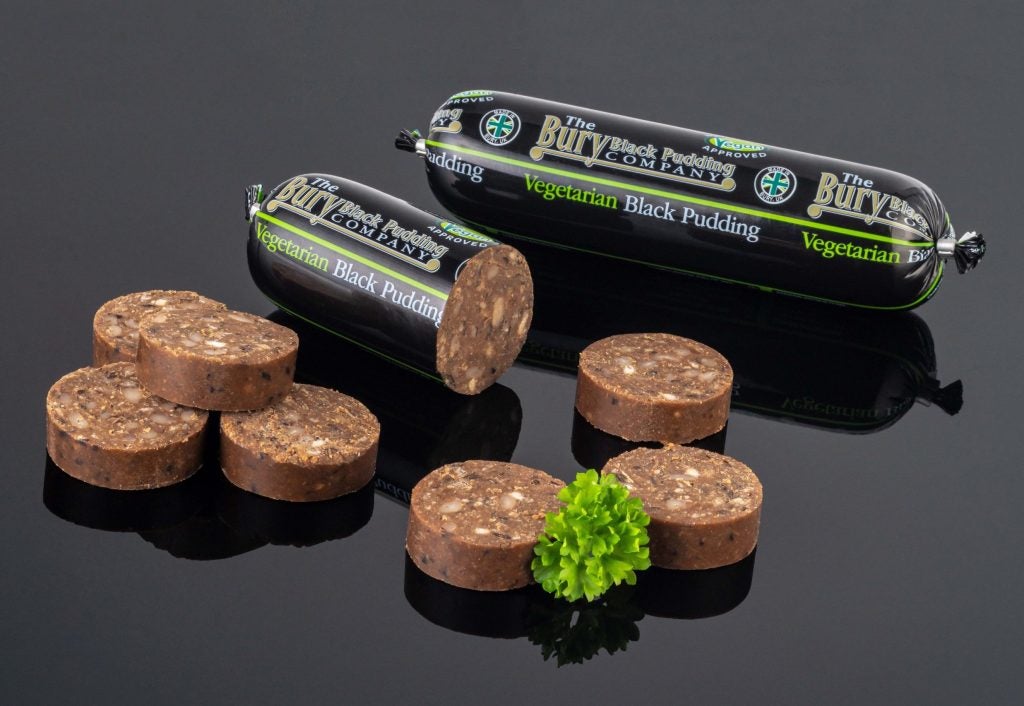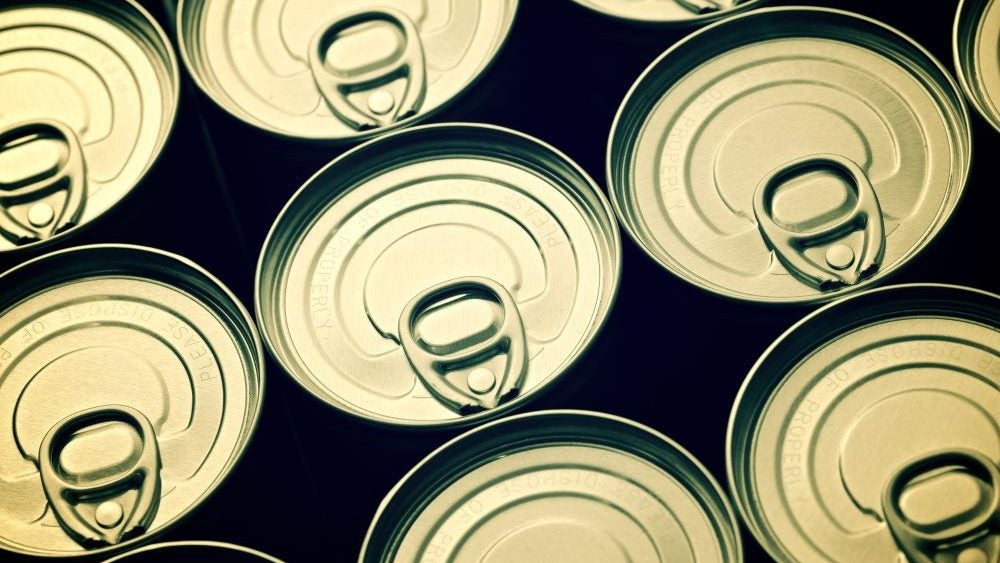Netherlands-based meat producer Vion plans to close a factory in Germany and offload three others.
The pork and beef company said it is adjusting its strategy on its main markets, including “downsizing through divestments and closures” due to increasing competition and the recent outbreak of African swine fever (ASF).
Vion has signed agreements to sell three of its meat facilities in Germany but will close its pig plant in Emstek as it was unable to find a buyer.
German meat giant Tönnies Group will buy Vion’s cattle slaughterhouse and pre-packed facility in Altenburg in the Thuringia region of the country. Tönnies also plans to acquire Ahlener Fleischhandel, a ham processing plant in the Westphalia region.
Vion plans to sell a pig processing plant in Perleberg to meat processor Uhlen GmbH.
The contracts include the transfer of approximately 700 employees to the respective buyers.
The transactions are expected to be finalised in the first quarter of this year and are subject to relevant regulatory approvals and certain closing conditions.
Vion said in its statement it “will maintain business relationships and fulfil all obligations until the final closure, ensuring a seamless transition period for all partners in the chain”.
The Emstek pig processing facility is set to lose by the end of March, Vion said.
The business said it has “made substantial efforts” to find a buyer for the factory but had not received “acceptable offers”.
The closure will “impact approximately 750 employees”.
In a statement, Vion said it is “committed to supporting these employees in transitioning to new opportunities and to exploring potential employment alternatives”.
“The intended steps in Germany hold significant implications for our employees, customers, suppliers, and business relationships,” Vion CEO Ronald Lotgerink said.
“We therefore carefully considered the changes to make our operations more efficient and flexible on our journey towards a future-proof organisation.”
In its statement, Vion cited overcapacity in the industry, increasing competition and an annual decline in production in the beef sector.
It added: “European meat companies, especially in Germany, are facing severe competition from the USA, South America, and China on the global market.
“The outbreak of African Swine Fever (ASF) has not only led to the loss of significant export opportunities but has also intensified pressure on German meat companies. In response, the industry is focusing more on the domestic market, moving towards self-sufficiency.”
“These changes, together with political and regulatory challenges in the agricultural sector, inflation, changing consumer behaviour and other factors, resulted in declining herd sizes and high animal prices.”


